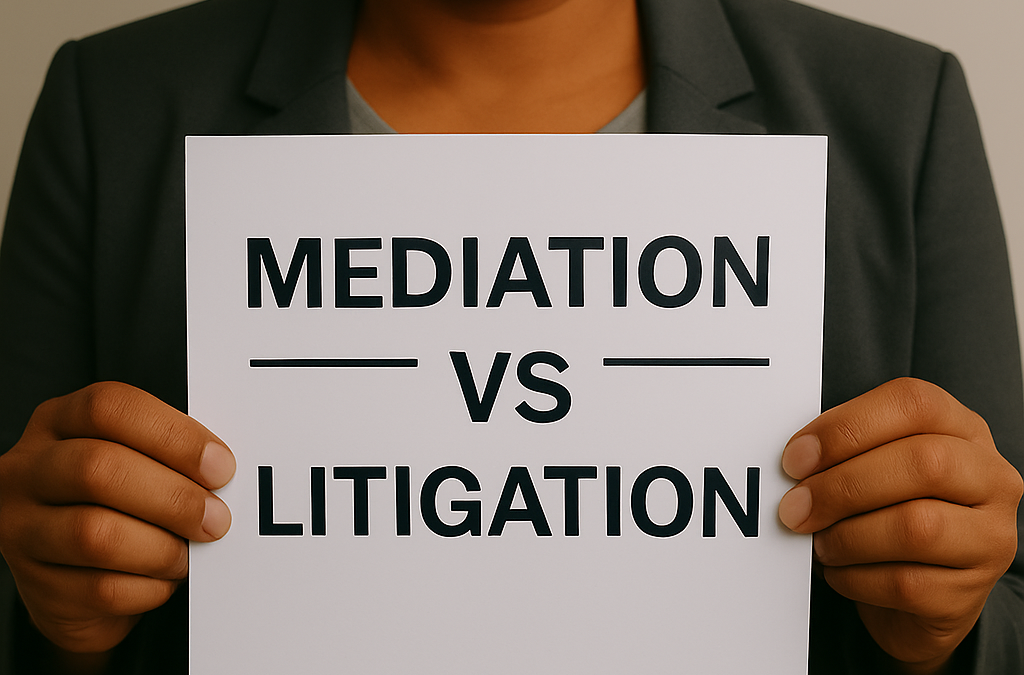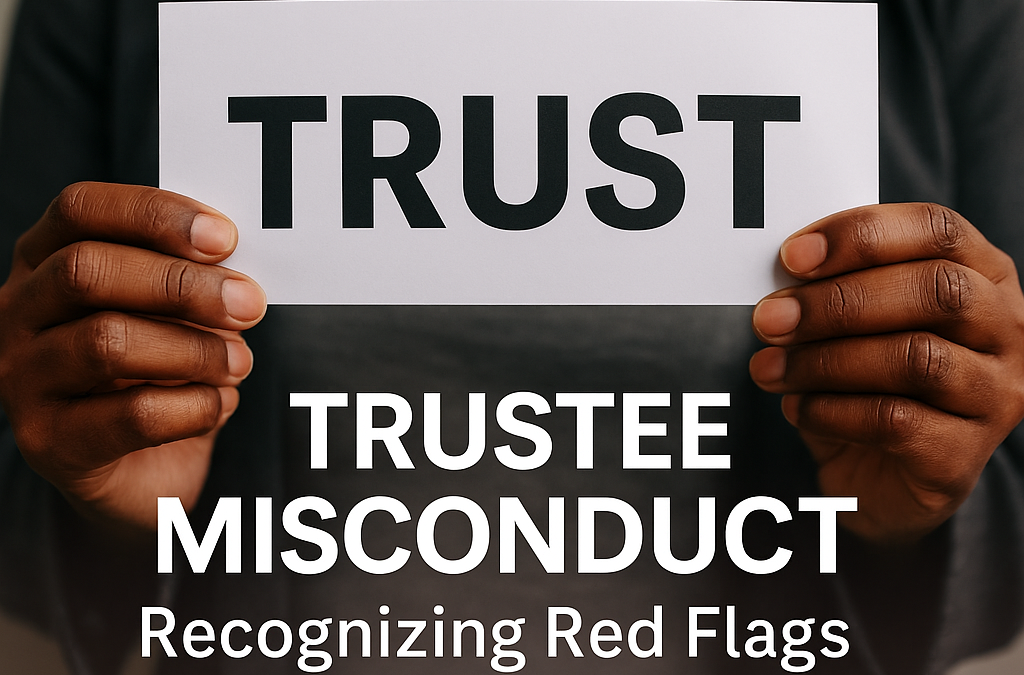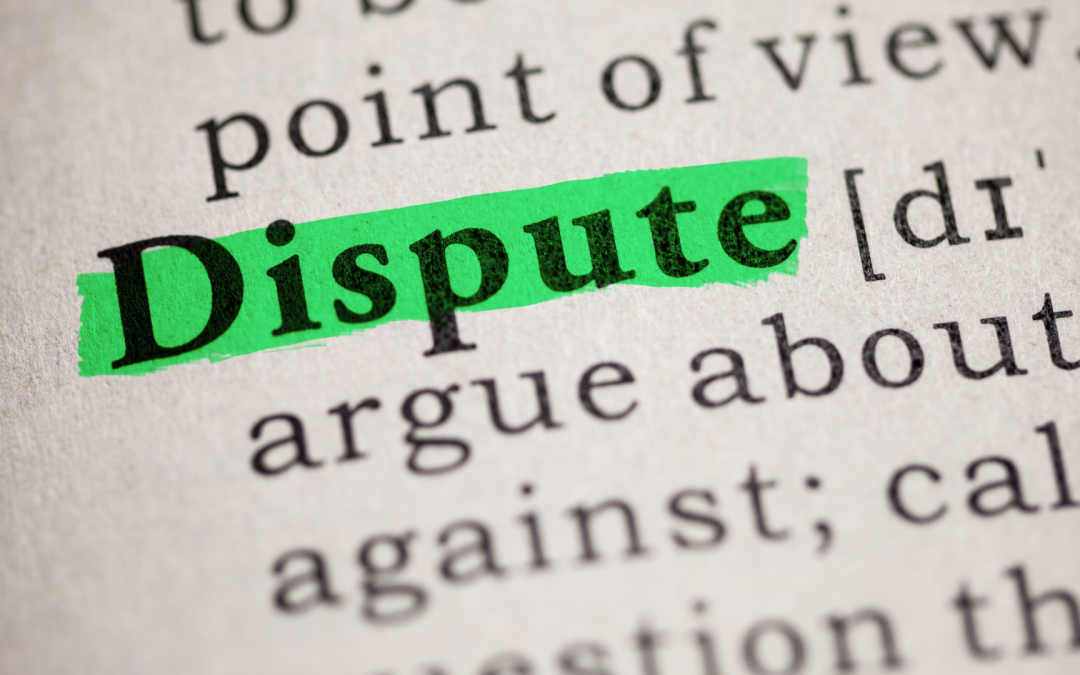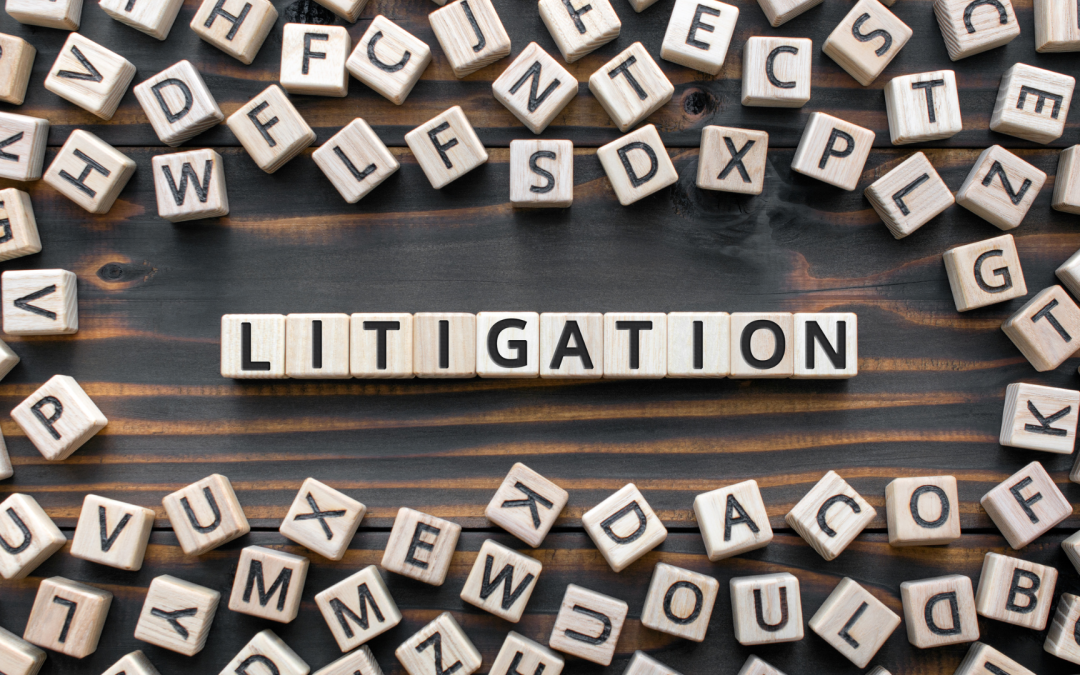
Introduction
In the recent High Court case of R.R and Others v J.R and Others (16015/2022P) (22 April 2024), a dispute involving the trustees of the T[…] and J[…] R[…] Family Trust brings to the forefront the legal complexities of managing family trusts when internal conflicts arise. This case presided over by Sibisi AJ in the KwaZulu-Natal Division, Pietermaritzburg, explores whether continuous disagreements among trustees can be grounds for their removal and the winding-up of the trust.
Background of the Case
The trust in question was established on 27 March 1996 by the late Mr. T[…] R[…], primarily for the benefit of his wife, the first respondent, and their children, who include the applicants and the second respondent. Over the years, significant discord developed among the trustees concerning the management and control of the trust’s properties. These disagreements culminated in the applicants seeking judicial intervention to either appoint an independent trustee or remove the existing trustees, including themselves, and terminate the trust.
Legal Analysis
The main legal issue in this case was whether the internal conflicts and allegations of mismanagement among the trustees were sufficient to warrant their removal and the winding-up of the trust. According to section 20(1) of the Trust Property Control Act, 1988, a trustee can be removed by the court if such removal will benefit the trust and its beneficiaries. However, the court emphasized that the mere existence of friction or conflict is not enough for removal unless these disputes threaten the proper administration of the trust or its assets.
Court’s Decision
Justice Sibisi noted that while there was significant animosity among the trustees, there was no evidence that their disagreements had jeopardized the trust’s assets or its overall administration. The judge also highlighted the presence of a deadlock-breaking mechanism in the trust deed, allowing the first respondent to exercise a casting vote, which was a reasonable and agreed-upon method among the parties to resolve stalemates.
In dismissing the application, the court found that the trustees had already agreed to terminate the trust and that only the method of distributing the assets remained in contention. The disagreements, while deeply rooted, were insufficient to disqualify the trustees or necessitate judicial termination of the trust outside the agreed-upon framework.
Implications for Trust Management
This decision underscores the importance of carefully drafting trust deeds to include mechanisms for resolving trustee disputes and deadlocks. It also serves as a cautionary tale about the limits of judicial intervention in internal trust matters. Unless the trustees’ conduct directly harms the trust’s assets or its purpose, courts are likely to refrain from removing trustees or terminating the trust.
Frequently Asked Questions
- What does it mean to have a casting vote in a trust?
- A casting vote is an additional vote granted to a designated trustee (often the chairperson) to resolve deadlocks when there is an equal number of votes for and against a decision.
- Can a trust be terminated by the trustees?
- Yes, trustees can terminate a trust if authorized by the trust deed and under conditions where all trustees agree, or a majority decides, depending on the stipulations of the trust deed.
- What legal remedies are available if trustees cannot resolve their conflicts?
- If internal mechanisms fail, trustees may seek mediation or arbitration. As a last resort, court intervention might be sought, but as seen in this case, substantial harm to the trust’s assets or purposes must be demonstrated.
- How can trust deeds be structured to prevent disputes?
- Trust deeds should include clear guidelines on trustee responsibilities, dispute resolution mechanisms, and specific provisions for the addition, removal, or replacement of trustees to minimize conflicts.
Conclusion
The case of R.R and Others v J.R and Others highlights the delicate balance trustees must maintain in managing both interpersonal relationships and their fiduciary duties. While the court here opted not to intervene beyond the established trust deed provisions, the case serves as a reminder of the need for clear, robust governance structures within trust instruments to manage conflicts effectively and ensure the trust’s objectives are met without undue external interference.











